Independent studies have consistently confirmed that the internal rates of return from international rice research for the last 30 years can reach at least 80%. IRRI’s funding since 1960 has totaled some USD 434 million, without any adjustment for inflation. That is a minute fraction of the value of just one year’s increased rice production. At an estimated 1990 price of USD 300 per ton, its value on the world market would be about USD 26 billion. The tasks necessary to increase food availability do not have the appeal of a space program. They are not considered to be high tech, at least not in the fashionable definition of that term. They are, however, essential to the maintenance of the ecological, social, and political sustainability that is so closely linked to world peace.
Fundamental changes in IRRI’s technology were implemented during 1990. New directions for strategic and applied work on rice are based on the experience gained all over the world in the last three decades. That history laid the way to feed about 600 million more people with rice. The milestones of IRRI achievements are briefly described here to illustrate the baseline from which we expect to meet the targets attain the objectives, and reach the goals set in our agenda for the 1990s.
 Independent studies have consistently confirmed that the internal rates of return from international rice research for the last 30 years can reach at least 80%. This fact by itself, however, is not expected to influence resource allocations within the next several years.
Independent studies have consistently confirmed that the internal rates of return from international rice research for the last 30 years can reach at least 80%. This fact by itself, however, is not expected to influence resource allocations within the next several years.
IRRI’s funding since 1960 has totaled some USD 434 million, without any adjustment for inflation. That is a minute fraction of the value of just one year’s increased rice production. About 121 million tons of 1990s harvest in Asia’s 11 leading rice-producing nations can be credited to genetic improvement and new farming technology. That is enough rice to feed half a billion people for a year. At an estimated 1990 price of USD 300 a ton, its value on the world market would be about USD 26 billion.
Over the next 30 years, the world must face several historically unprecedented challenges:
- World population is projected to reach about 8.5 billion people
- More than half the world’s population will live in cities.
- In Asia, nearly a billion more people will depend on rice as their staple food
- Billions of people in Asia still live in dire poverty
- Millions of hectares will be converted from growing rice to uses by industry, infrastructure, and housing, or will be degraded and lost to food production.
Rice productivity in the tropics involves drudgery to a degree not comparable to any other crop. Technologies are needed that ensure profitability to farmers, maintain reasonable prices of rice to consumers, and minimize farm drudgery.
If rice farming is not made more attractive to today’s farmers and their children, more and more agricultural laborers will move from being rural poor to being urban poor, swelling the number of dispossessed people who could one day become an uncontrollable political force driving enormous social instability. Maintaining world peace will depend on our ability to balance the interests of present and future generations.
The future of Asia’s poverty-stricken, rice-dependent people is not solely IRRI’s responsibility: policymakers, administrators, and researchers must be all aware of the risks and the challenges. The tasks necessary to increase food availability do not have the appeal of a space program; they are confined to the problems of our own planet. They are not considered to be high tech, at least not in the fashionable definition of that term. They are, however, essential to the maintenance of the ecological, social, and political sustainability that is so closely linked to world peace.

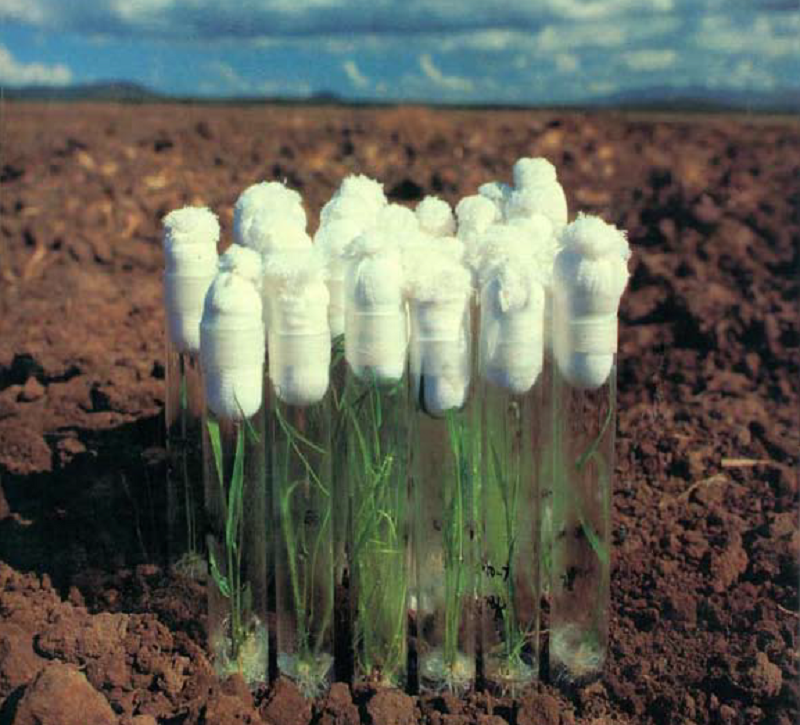
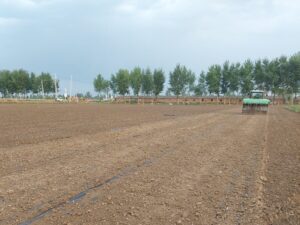
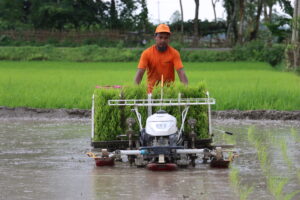

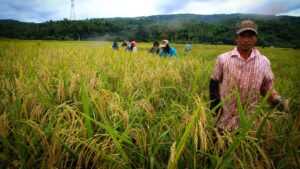
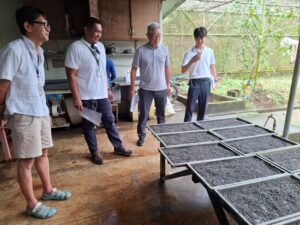
Congratulations to IRRI @60
Your contributions and influence in the World will be cherished forever.